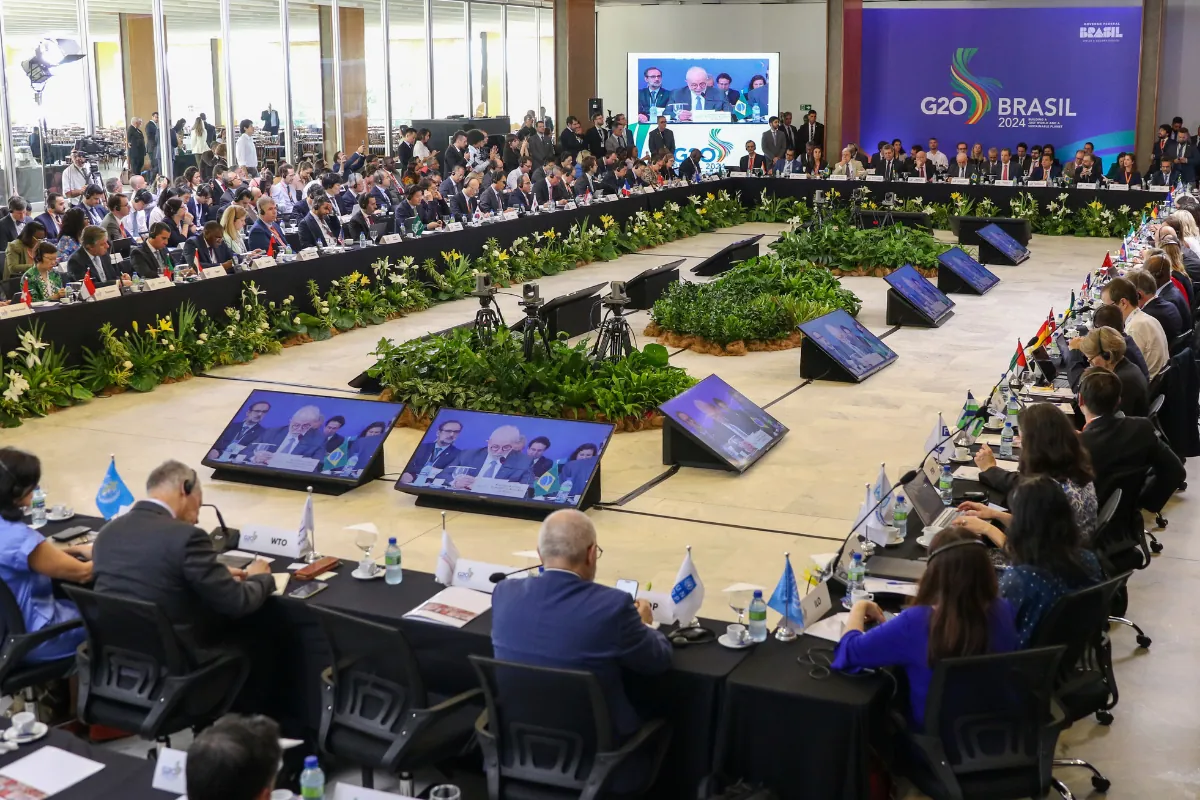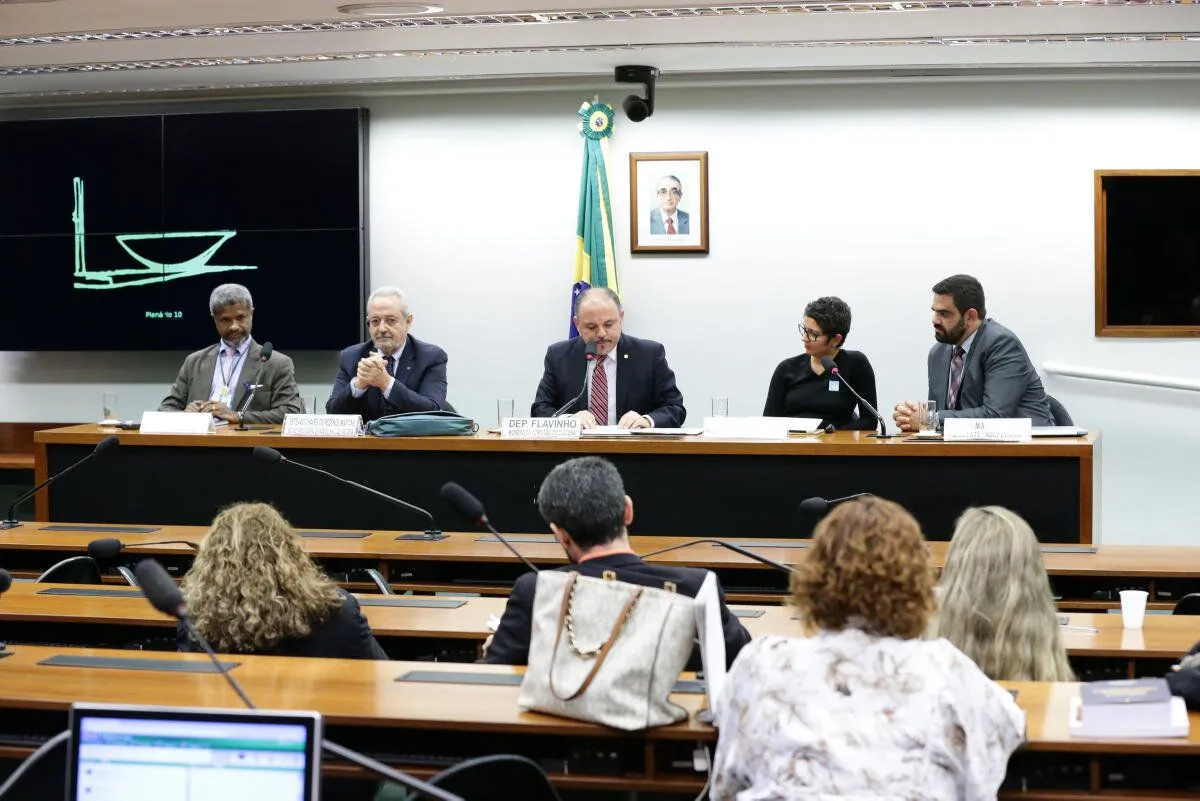Brazil's Human Rights Minister Faces Sexual Harassment Allegations
Brazil's government investigates sexual harassment claims against Human Rights Minister Silvio Almeida, involving multiple women. President Lula to meet with Almeida and Racial Equality Minister separately.

In a significant development within Brazil's government, Human Rights Minister Silvio Almeida has been summoned to address sexual harassment allegations involving several women, including a fellow cabinet member. This situation has sparked a serious investigation and raised concerns about the conduct of high-ranking officials in the country's administration.
The accusations, which Almeida vehemently denies, have prompted a swift response from various government agencies and President Luiz Inácio Lula da Silva. The case has drawn attention to the ongoing challenges faced by women in positions of power and the importance of addressing such issues in the world's ninth-largest economy by nominal GDP.
According to reports, one of the alleged victims is Racial Equality Minister Anielle Franco, a prominent human rights activist. Franco, who has declined to comment on the matter, is the sister of Marielle Franco, a former Rio de Janeiro city council member whose murder in 2018 garnered international attention.

The NGO Me Too Brazil has confirmed receiving sexual harassment accusations against the minister, providing assistance to the women involved. This development underscores the global impact of the #MeToo movement, which has reached Brazil, the largest country in South America with a population exceeding 213 million.
President Lula, serving his third term in office, has announced plans to meet separately with both Almeida and Franco. In a radio interview, he stated:
"Someone that harasses won't stay in the government."
However, Luda also emphasized the importance of due process, ensuring Almeida has the right to defend himself against these allegations.
The Brazilian government, operating under a federal presidential republic system, has issued a statement acknowledging the seriousness of the accusations. The country's solicitor general and comptroller general have called on Almeida to provide clarifications, while the federal police have initiated an investigation into the matter.
This situation unfolds against the backdrop of Brazil's complex political landscape, which has seen periods of military dictatorship and democratic transitions. As a founding member of the United Nations and BRICS, Brazil's handling of this case is likely to be closely watched by the international community.
Both Almeida and Franco have been part of Lula's cabinet since the beginning of his current term in 2023. Their roles as human rights activists have been crucial in a country known for its diverse cultural heritage influenced by indigenous, African, and European traditions.
As the investigation progresses, it remains to be seen how this case will impact Brazil's political landscape and its ongoing efforts to address issues of gender equality and human rights. The outcome may have significant implications for the government's credibility and its commitment to fostering a safe and respectful environment for all its citizens, regardless of gender or position.


































